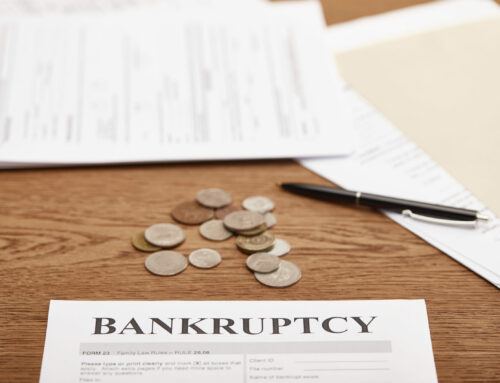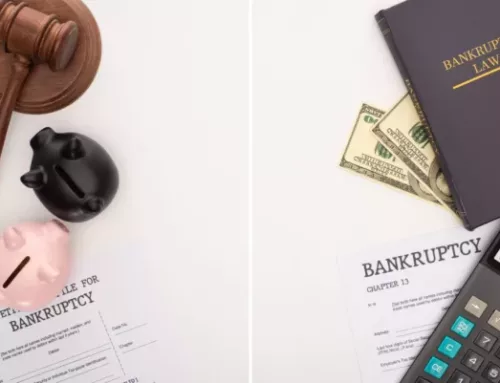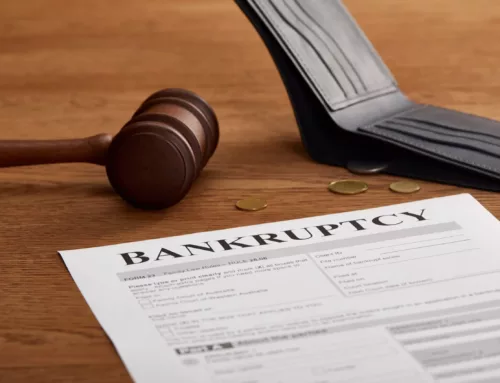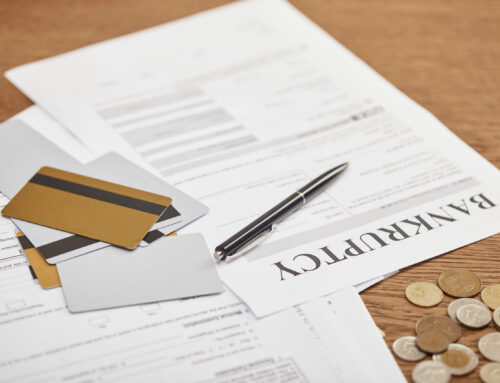Many people believe that if they are paying something, even a very small amount, it will stop collections. But is there really a minimum monthly payment on medical bills that can keep you out of debt?
As a bankruptcy lawyer, I’ve heard it a thousand times: “They can’t send it to collections because I’m sending them $20 per month.” However, this is far from the truth. You can’t always just make a small payment every month on your medical bills to keep them out of collections.
And even if you do work out any payment arrangements, the only way to make sure that the lender doesn’t send you to collections is to get the agreement in writing and make the agreed payments on time.
You need to type up the payment arrangement and make sure that both you and the medical provider sign the agreement.
Jackson, MS Bankruptcy Lawyer T.C. Rollins has helped thousands of people eliminate their medical debt. In fact, medical debt is one of the leading causes for people to file a bankruptcy case.
When Are Medical Bills Sent to Collections?


However, you can always work out payment arrangements. And if you don’t work something out, it is likely that the collection agency will sue you.
First, the collection agency will serve you with a summons to appear in court or file an answer. Later, the court will hold a hearing. If you don’t appear or lose the hearing, the judge will enter a judgment against you.
A judgment is basically a court order declaring that you owe the debt. Once a creditor has a judgement, they can use it to garnish your wages or garnish your bank account.
Can You Just Make A Minimum Monthly Payment on Your Medical Bills?
Many people have heard an old wives’ tale that you can just pay $5 per month, $10 per month, or any other minimum monthly payment on your medical bills and as long as you are paying something, the hospital must leave you alone.
But there is no law for a minimum monthly payment on medical bills. If that were true, hardly anyone would need to file bankruptcy for medical debts.
The truth is that the medical provider can sue or turn you over to collections if they are not satisfied with the amount that you are sending in. Their decision will depend on how much you owe and how likely they believe it is that they can collect the money.
For example, if you owe a higher balance, there is more incentive for them to try to collect the medical debt. Or if you have a high income, it is more likely that they will try to collect. And if you only receive social security income, then it is more likely that they will just accept whatever you voluntarily send in.
The biggest factor is how aggressive the health care provider is in collecting debts. Some companies are more aggressive than others in collecting debts.
This false idea that you can keep them away by sending $5 per month is bolstered by the fact that sometimes it works. Some creditors would not have tried to collect the debt even if you did nothing.
What Should You Do If You’re Facing A Large Medical Bill?
Firstly, don’t ignore your medical bills.
Most hospitals and doctors have programs to let you pay your bills over time. You can contact them and ask about your options. Ask them for the lowest payment that they offer. Ask for a discount.
If you pay it over a shorter period of time, they are more likely to reduce the amount you must pay.Ask if they have a forgiveness or assistance program. In this case, you will need to provide documentation that you are facing financial hardship. Doing so could result in them forgiving the bill.
Secondly, don’t pay your medical debt on a credit card.
Your credit card will have a higher interest rate than the medical provider is charging. Once you put the debt on a credit card the balance will increase much faster.
And if these options don’t work for you, bankruptcy may be the solution.
There are two types of bankruptcy cases that individuals usually file.
- Chapter 7 – is a straight bankruptcy that will usually eliminate all medical debt without you paying any of the debt.
- Chapter 13 – is a debt reorganization. Your debt will be consolidated into one monthly payment and you may or may not pay back the medical debt, depending on your financial situation.
Chapter 13 involves paying back a portion of your medical debt ranging from 0% to 100%. At the end of the Chapter 13 case whatever portion of the medical debt is unpaid will be eliminated.
If you would like to talk about your options, call Jackson, MS Bankruptcy Lawyer T.C. Rollins.









Connect with Us